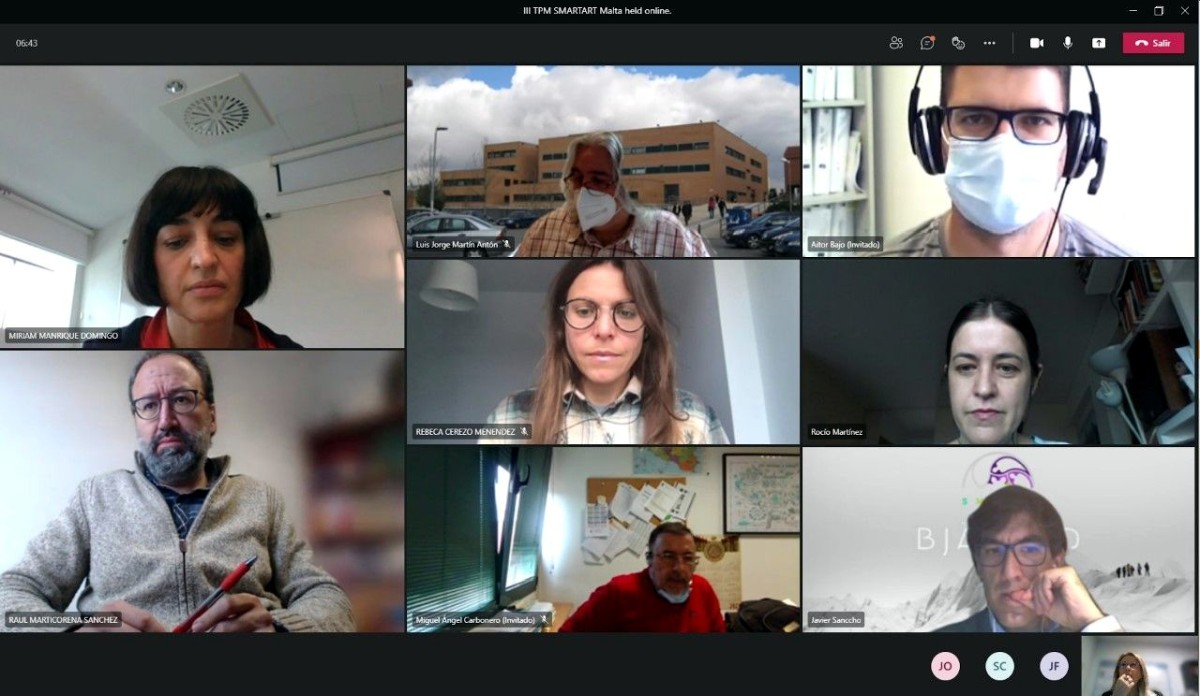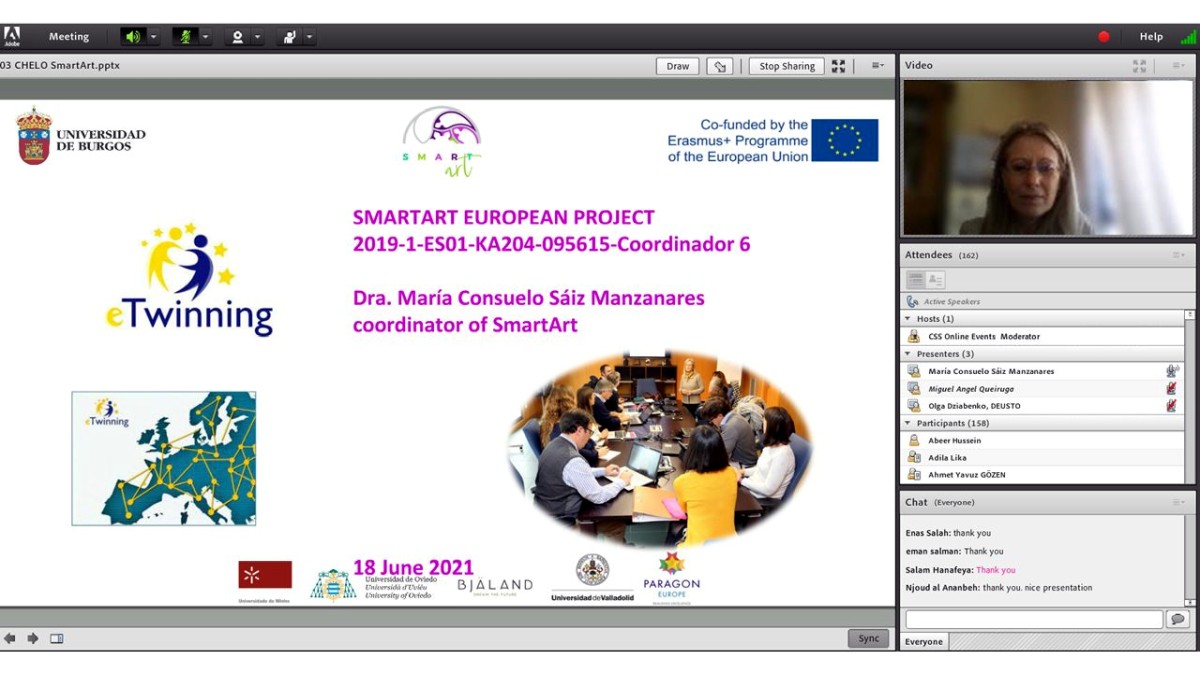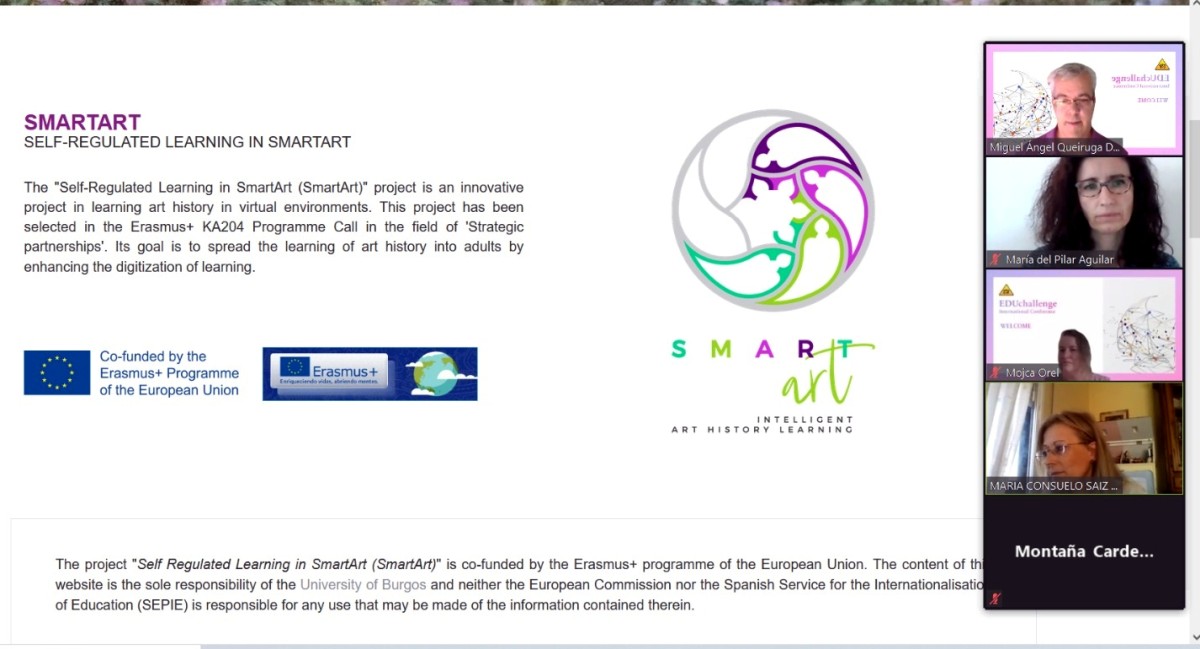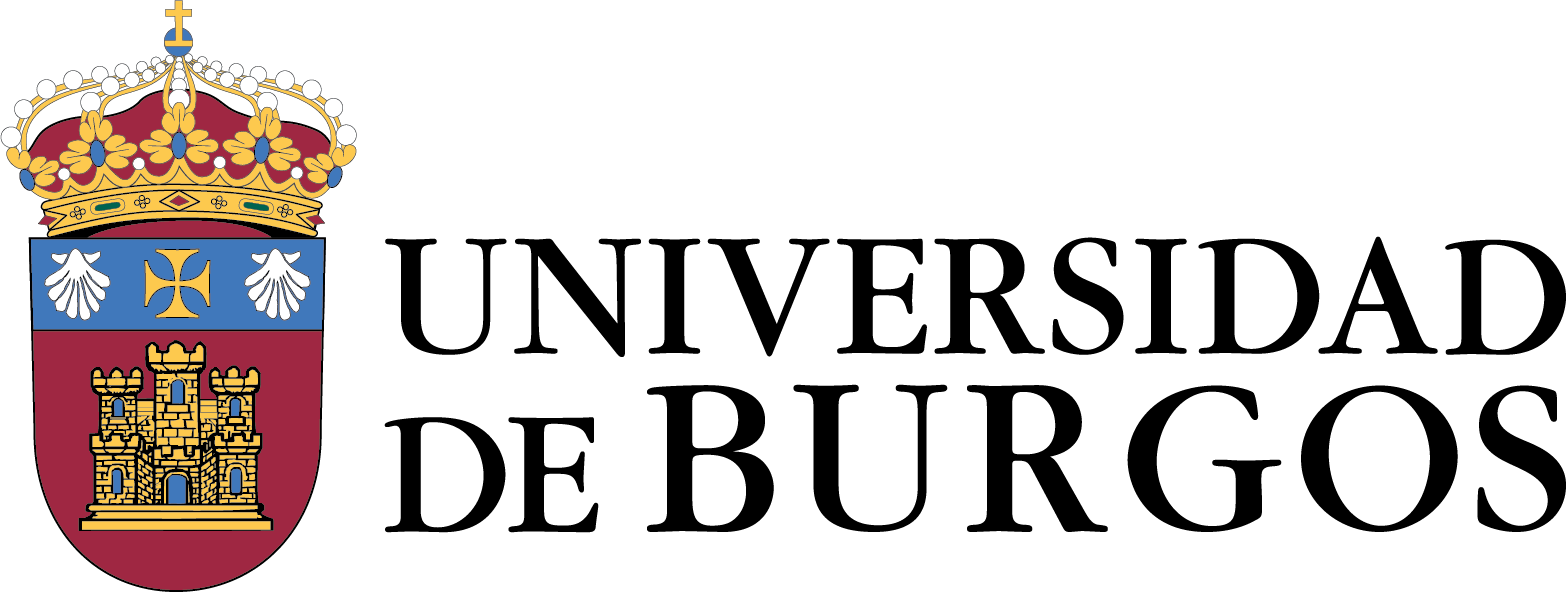International development of the SmartArt project
2 Jul 2021
The research led by UBU advances in the use of Industry 5.0 tools and in areas of knowledge such as neuropsychology and STEM subjects
Original Post: Universidad de Burgos' website
The Erasmus SmartArt Project, Self Regulated Learning in SmartArt, led by the University of Burgos and focused on the dissemination of European cultural heritage, has held its third transnational meeting in which progress has been made in areas of knowledge such as neuropsychology and STEM subjects from a firm commitment to the internationalization of the intellectual products developed by researchers.

The coordinator of this project, Consuelo Saiz Manzanares, has indicated that in this meeting the Learning Activity has been prepared and designed, which will be held from July 5 to 7, and the researchers and partners of this project have advanced in the use of tools of Industry 5.0 focused on the implementation of intelligent tutoring instruments aimed at personalizing learning, as well as in other areas such as neuropsychology and STEAM subjects, firmly aiming to the internationalization of intellectual products focused on different groups according to educational sustainability and lines set by the objectives of the 2030 Agenda.
In accordance with this initiative, twenty-three professors and eleven university students from Spain and Portugal will participate in the Learning Activity seminar organized by the European Erasmus SmartArt project, which will be held in the form of online training.
The training proposal of this seminar includes a project-based learning methodology and gamification, a learning technique that transfers the mechanics of games to the educational and professional field in order to achieve better results. Likewise, the use of an Intelligent Personal Assistant based on conversational voice assistant technology (Chatbot) will be applied.

The Learning Activity Seminar Agenda contains five training modules on: What is and how to use a Virtual Learning Environment, how to design learning materials using an avatar in virtual environments, how to develop process-oriented evaluation rubrics in a smart virtual classroom, methods for evaluating the learning process in virtual learning environments: introduction to eye tracking technology and how to disseminate a European project on social networks and other spheres of dissemination. In addition, according to the researcher, a series of proposals to enrich the first intellectual product of the SmartArt project will be analyzed and the administration and financing aspects of the project will also be studied.
Spreading of European cultural heritage
Led by the University of Burgos, the SmartArt Project advances in its development by addressing its objectives focused on the dissemination of European cultural heritage, and extends its research with neuropsychology and STEM subjects.
The universities of Oviedo, the University of Minho (Portugal), the University of Valladolid and the SMEs Bjaland and Paragon Europe (Malta) participate as partners in this project. The SmartArt project aims to develop learning methodologies based on the use of Industry 5.0 tools focused on the implementation of intelligent tutoring instruments aimed at carrying out personalized learning.
Actions for international dissemination of the project results
In addition, within the international spreading actions of the SmartArt project, two dissemination actions have been developed.

The members of this project participate in the eTwinning platform, in the dissemination action coordinated by the Scientix ambassador, Rafael Montero Braga, in which two transfers of the SmartArt project's Virtual Smart Classroom were presented. One of them oriented to the learning of Neuropsychology contents aimed at university students of Health Sciences and another one conducive to the learning of STEM contents, specifically to the learning of the physics of movement, aimed at Secondary Education students. Both coordinated by the University of Burgos.
They have also participated in the EDUchallenge International Conference "Teaching Challenges and Evaluation of Knowledge", held on June 29, coordinated by Dr. Miguel Ángel Queiruga Dios and in which the project coordinator, Dr. Sáiz Manzanares, spoke about " Teaching and learning at university in virtual environments. What is the challenge of 21st century society? " from an application to the SmartArt Project methodology.
